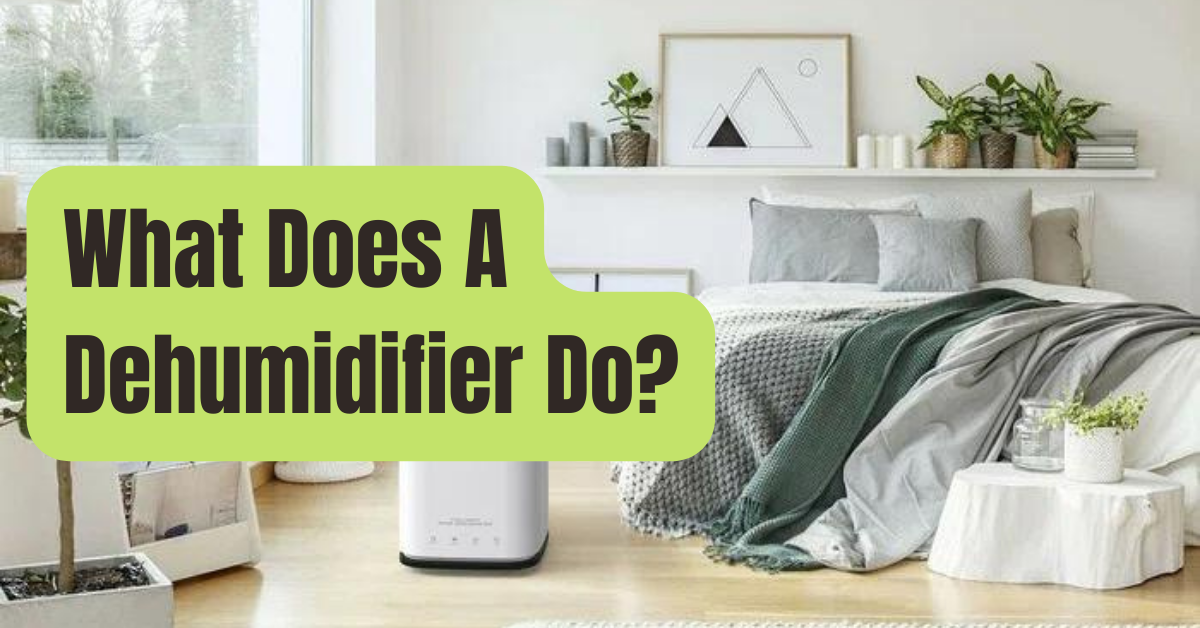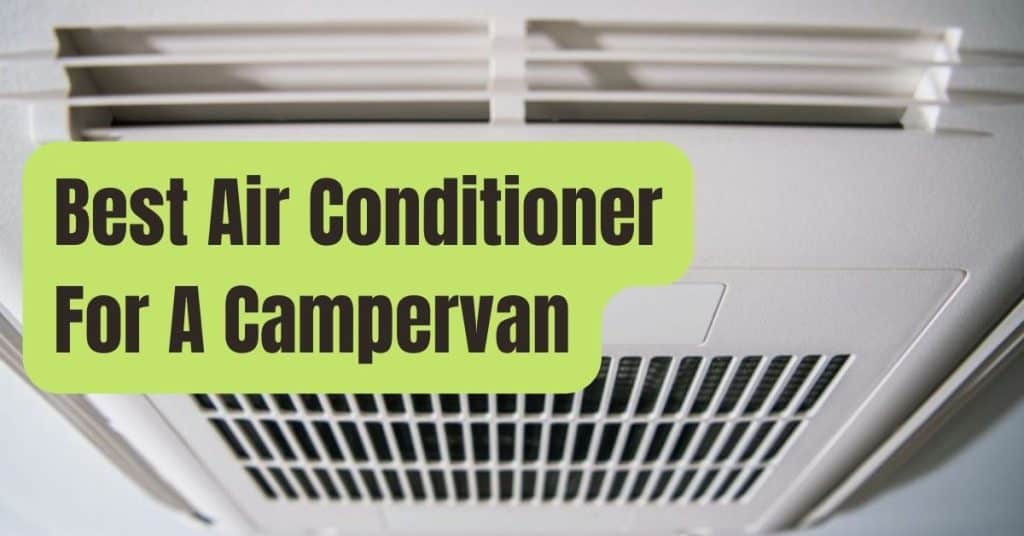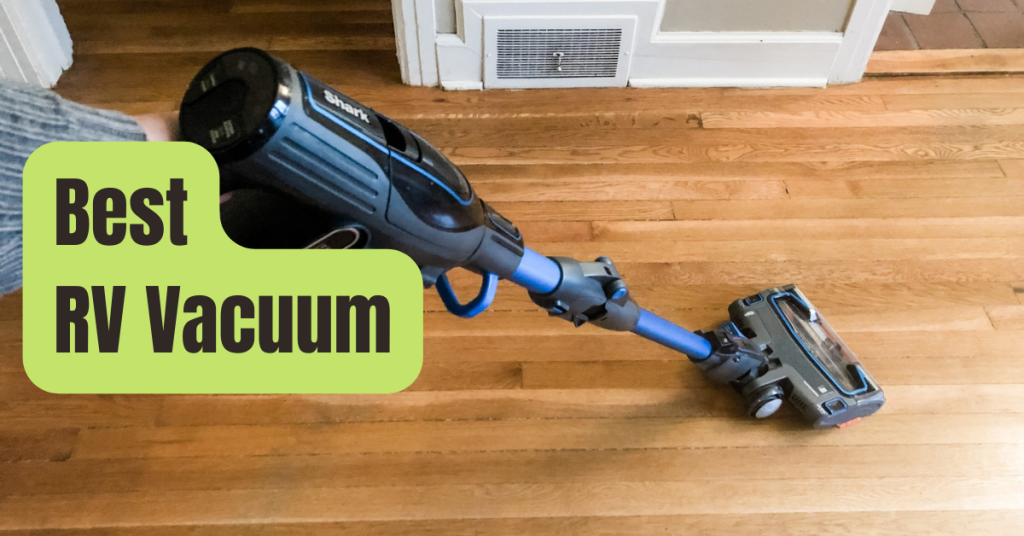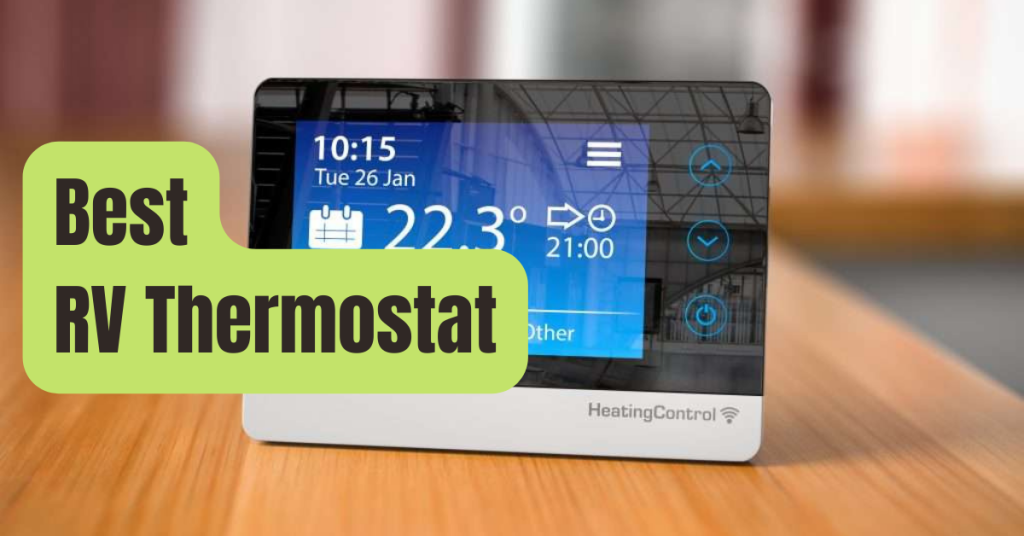If you often have allergies, you are likely aware of how unpleasant they may sometimes be.
Dust mites, mold, mildew, and seasonal allergies are a few of the numerous causes for these conditions when you live in a humid area.
A decent dehumidifier may be really helpful if you notice that you are suffering a lot in many different ways.
Here are some advantages of a dehumidifier and advice on how to choose the best one for your needs.
Humidity Favors Allergy Trigger Development
Dust mites, mold, and mildew are three of the most frequent allergens that flourish in moist settings.
You can be experiencing these issues whether you reside in a humid climate or just a more humid environment.
Even in dry climes, moisture may accumulate in tiny, poorly ventilated living areas like basement flats, small apartments’ bathrooms, and kitchens.
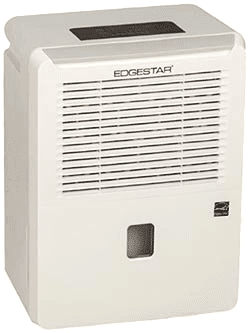
The following are a few of the most typical responses to allergy triggers:
- Clogged nose
- Wet, itchy eyes
- Wheeze, congestion, or breathing issues
- Bruises and other types of irritation
Mold allergies are a major cause of pediatric asthma, which may be a crippling and expensive condition for kids who get it at a young age.
The problems that allergens pose when they are present in your house are discussed in more detail in this article.
The Advantages Of A Dehumidifier
Installing a dehumidifier in your house, cellar, apartment, or place of business has a number of advantages.
- Dehumidifiers lower the humidity in your house, making it less inviting for allergens like dust mites, mold, and mildew.
- They don’t interfere with your regular activities and operate silently and effectively in the background, going unnoticed by the majority of individuals.
- Dehumidifiers assist get rid of the “musty” or “rotting” smell that might accompany mold and mildew in your house.
- These tools assist in lowering the likelihood that you’ll get mold on your clothes, furnishings, and other textiles (such as curtains or bed sheets).
- Dehumidifiers help you breathe more easily and feel more at home by reducing irritation to your skin and respiratory system.
- Clothing dries more quickly in a lower humidity atmosphere, breads and cereals last longer before going bad, and tools, electronics, and computer equipment don’t show symptoms of rust or corrosion.
- You won’t need to clean your house as often if you use a dehumidifier.
- A dehumidifier also reduces energy expenses by enhancing the effectiveness of your air conditioner. The A/C must perform the tasks of chilling the air and eliminating moisture when the air in your house is more humid, which requires more effort on its part. Additionally, because of this, your A/C may wear down earlier, requiring more frequent replacement and maintenance.
Signs a Dehumidifier Is Needed
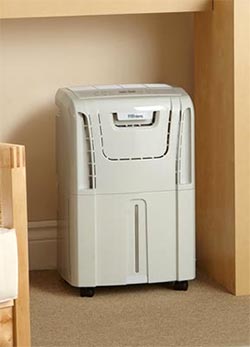
In addition to experiencing ongoing allergy issues, you may want to think about using a dehumidifier if your house exhibits any of the following telltale indications of excessive humidity:
- Your property has water stains on the walls or ceiling.
- Rooms with high humidity and either insufficient or no ventilation (especially in areas like bathrooms that have no windows)
- Recurring condensation on your home’s windows in certain places
- Small black patches (mold spores) developing on the walls or in moist locations like the shower or bathtub
- Odors of must or mildew
If you live in an apartment complex, you may also want to think about getting a dehumidifier since mold and mildew spores can spread via ventilation systems and accumulate in the walls between units.
These allergens from other parts of the building may be dangerous to the health of you and your family even if you maintain your living space clean.
How to Select a Dehumidifier
Dehumidifiers come in a variety of designs, and the one you choose will depend on the humidity levels in the room where it will be used as well as the area itself.
There are whole-house versions available if you live in a particularly humid environment, have severe allergies, or have a big home.
There are small capacity models for a single tiny room, large capacity models for larger regions such a large room, basement, or apartment.
Consider investing in a dehumidifier with extra functionality if you have more particular or unusual requirements.
If you have allergies or other ailments, the answer to the question of whether you should purchase a dehumidifier is usually yes.
Getting a dehumidifier may help you live a better, happier life.
Learn more about the many types and choices available, then decide which one will meet your needs and provide your house with clean, hygienic air.

